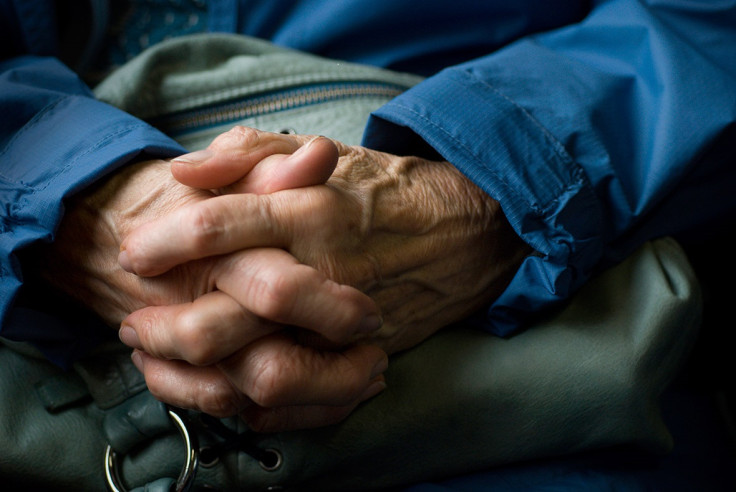World Parkinson's Day: 10 facts about neurological disease affecting 6 million people worldwide

Thousands of people around the world will take part in fundraising events for World Parkinson's Day, to raise funding for research and promote a greater understanding of the progressive neurological condition.
Launched by the European Parkinson's Disease Association, the day marks the birthday of Dr James Parkinson, author of the 1817 study "An Essay on the Shaking Palsy" – which established Parkinson's as a recognised medical condition.
The three main symptoms of Parkinson's disease are tremors, slow movement and stiff or inflexible muscles, but a person with the condition can experience a wide range of physical and psychological symptoms. On World Parkinson's Day, we look at facts about the disease.
- Parkinson's disease is caused by a loss of nerve cells in part of the brain called the substantia nigra, which leads to a reduction in the level of a chemical called dopamine. As dopamine plays a vital role in regulating the movement of the body, a deficit in the amount of the chemical causes many of the symptoms of the disease.
- Experts are not yet clear about what causes the loss of nerve cells, but many think it is a combination of genetic and environmental factors.
- Dr James Parkinson lived most of his life and practised medicine at 1 Hoxton Square in Shoreditch, east London. As well as a practitioner, he was a social activist. He fought for child welfare and universal suffrage, writing highly critical pamphlets of the political system of the 19<sup>th century.
- There is currently no cure for Parkinson's, but several treatments are used to control the symptoms. Medication works by restoring the level of dopamine in the brain or imitating its actions.
- Deep brain stimulation is a type of surgery where electrodes are implanted inside specific parts of the brain. The electrodes are connected to a battery under the skin in the person's chest, to generate electrical signals to stimulate the brain. Although the procedure is not a suitable option for all people with Parkinson's, it can provide an improved quality of life for some.
- Therapies such as physiotherapy, occupational therapy and speech and language therapies play an important role in managing the symptoms of Parkinson's.
- One in 500 people are affected by Parkinson's, meaning around 127,000 people are affected in the UK. Around 60,000 Americans are diagnosed with the disease every year.
- Most people develop symptoms when they are over the age of 50.
- One in 20 people with the disease develop symptoms when they are under 40.
- Men are one and a half times more likely to have Parkinson's than women.
© Copyright IBTimes 2025. All rights reserved.























